DIY potions and lotions may seem lie like the healthiest way to treat your skin; however, experts say that not all natural DIY fixes work some of them do more harm than good. If you pick up rumors about natural acne treatment, it is advisable that you verify the source and if the treatment actually works before you decide to use it on your precious skin. Below are some natural remedies that are rumored to be effective but rarely do they work.
Papaya

If you apply papaya together with raw honey or lemon juice, it will damage collagen proteins present in the skin. This will leave your skin susceptible to irritation from external threats. The skin becomes weaker and takes more time to heal acne. Your skin might even start aging at a faster a rate than it is supposed to. When used as a skin lightener, papaya can cause an outbreak of itchy rashes or acnes.
Olive Oil
They are very few super foods that can rival olive oil in terms of health benefits and presence in numerous health products. Olive oil has many benefits, which include protecting the heart and improving brain function. When eaten it can clear acne but when used as a home remedy it tilts the scales. It can disrupt the skin barrier with no difficulty at all. Therefore, if you have olive oil in your kitchen it is best if you used it as salad dressing rather than a topical home remedy.
Cucumber
Cucumber is very popular among women as it can slow ageing, reduce eye rings and improve sleep levels. Even with these amazing benefits, cucumber is low antioxidants, vitamin E, vitamin A, plant phytonutrients and vitamin C.
There are very little risks of using cucumber, which means that it is not entirely bad for skin treatment other than it is highly overrated. The only significant risk in cucumber is the defensive toxins known as cucurbitacins, which are present in very low levels.
Flaxseed Oil
Unlike fish oils, which supply animal-based omega 3s, flaxseed oil supplies plant based omega 3s. Many women try to experiment with flaxseed oil to see if it can eliminate their acnes; however, it is only helpful when consumed. Flaxseeds oil has alpha linolenic acid, a compound that is said to improve the defenses of the skin against ultra violet radiation. However, when flaxseed oil was applied topically it proved to be of no use at all.
The features detailed above may show that flaxseed oil have little or no negative effect on the ski n but on second thought, it does. You see, flaxseed oil has a high comedogenic rating of 4, which means that there is a high chance that it might clog your precious skin pores.
Conclusion
Many of these topical remedies may seem good on paper but have negative effects on the skin. It is in your best interest to use certified acne treatment instead of these topical home remedies.

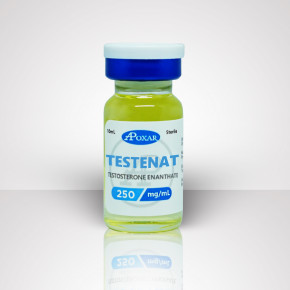
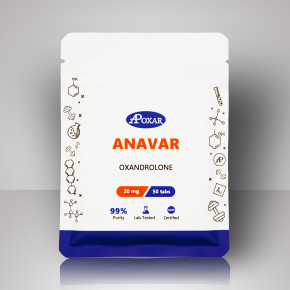
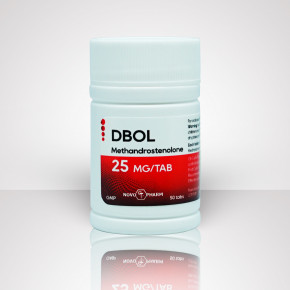
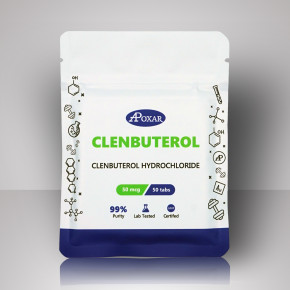
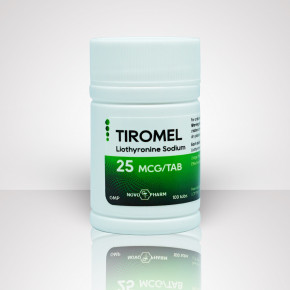
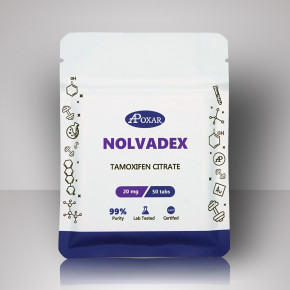
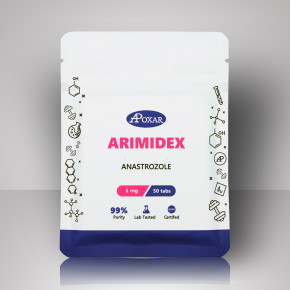
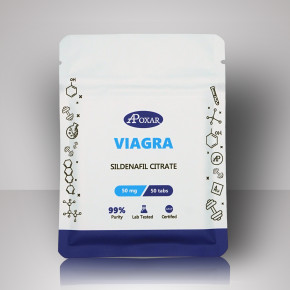
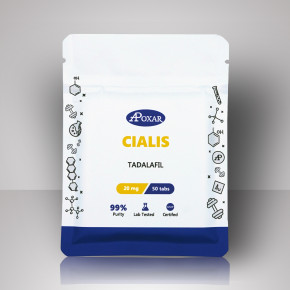
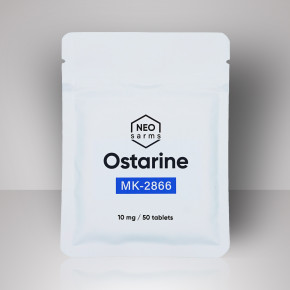
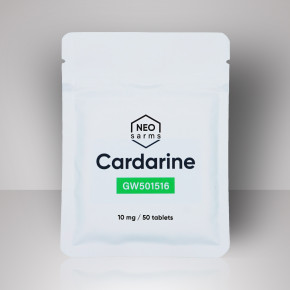
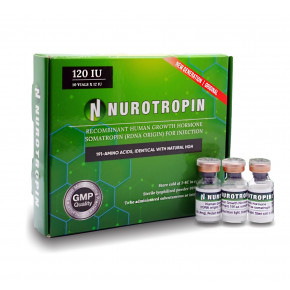
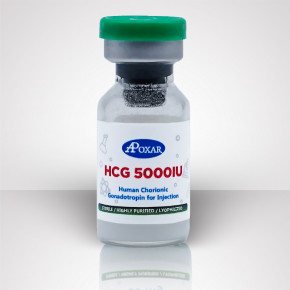
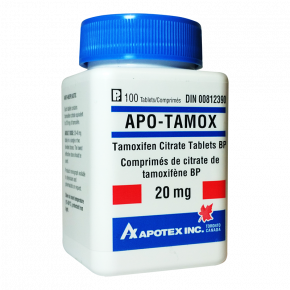
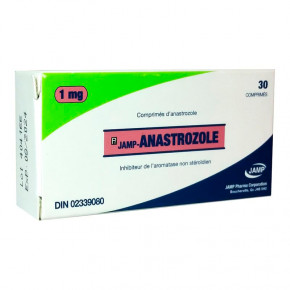
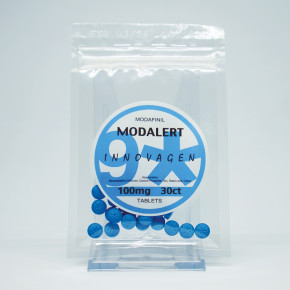
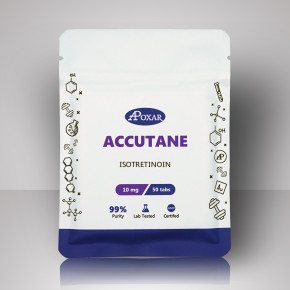
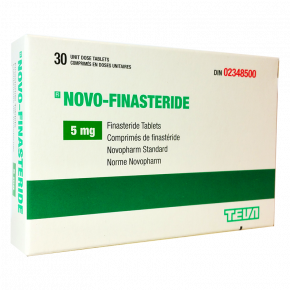
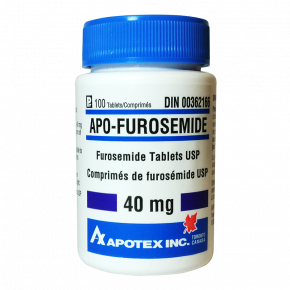
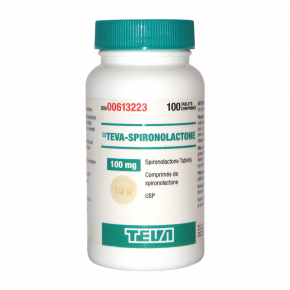
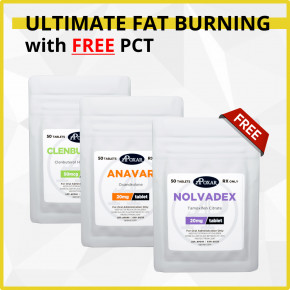
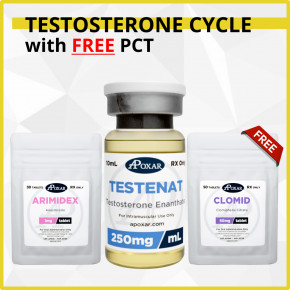
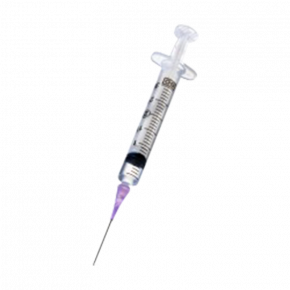
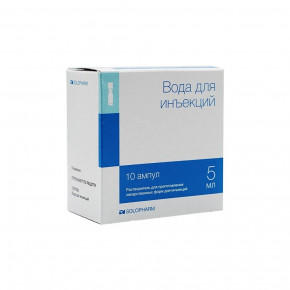

 Proudly Serving Canadians Since 2012
Proudly Serving Canadians Since 2012